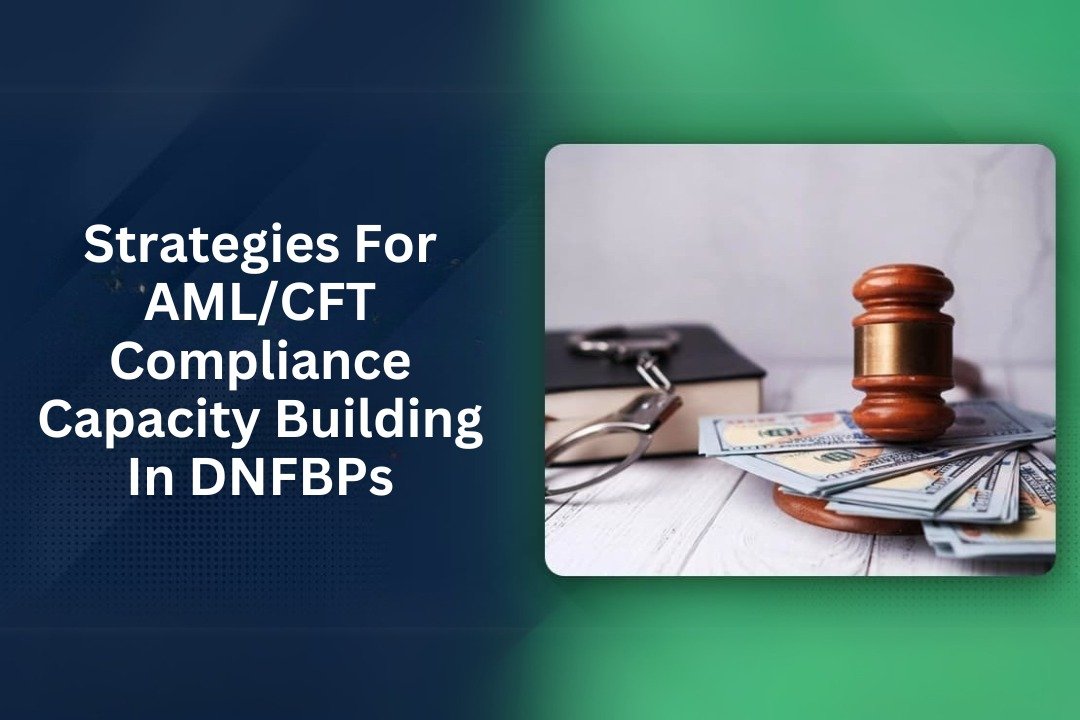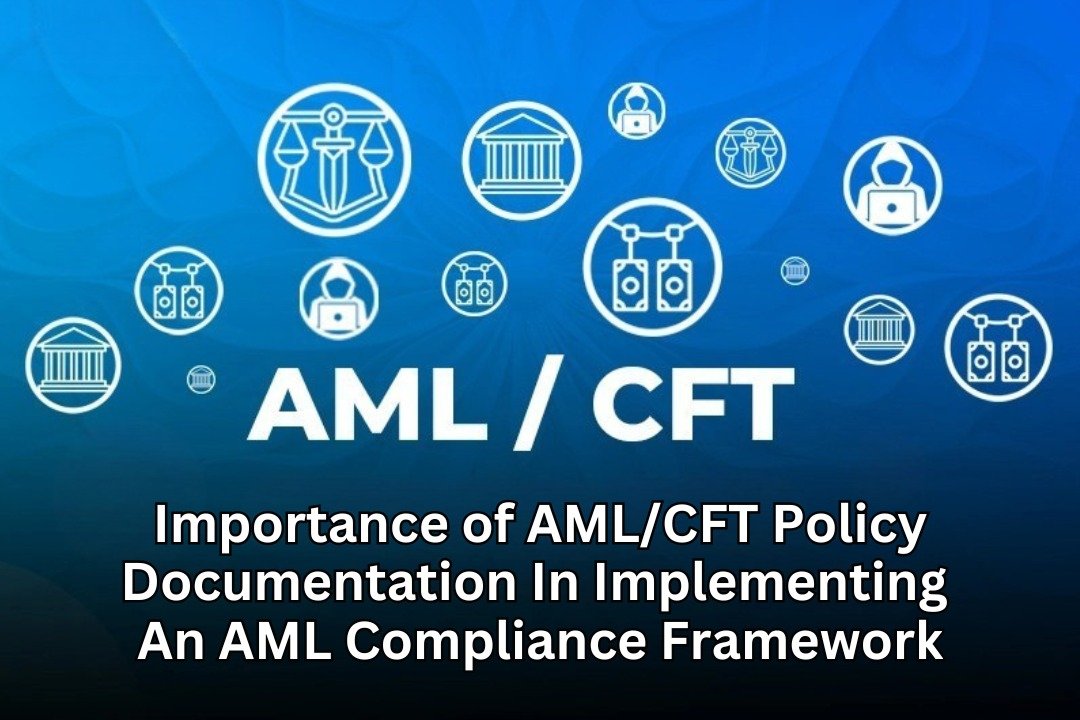The real estate sector is one of the most significant contributors to the UAE’s economy, making it an attractive market for domestic and international investors. However, its high-value transactions and complex ownership structures also make it vulnerable to money laundering and financial crimes and the Real Estate Agents are classified as Designated Non-Financial Businesses and Professions (DNFBPs) under Federal Decree-Law No. 20 of 2018. This is why having a robust AML/CFT framework (Anti-Money Laundering and Counter-Terrorism Financing) is crucial for real estate agents and brokers in the UAE
A comprehensive AML/CFT framework not only ensures compliance with UAE regulations but also mitigates risks, protects reputations, and enhances trust with clients. In this blog, we’ll explore why real estate professionals need to prioritize AML compliance and how a strong framework can reduce financial crime risks in the sector.
The Role of Real Estate in Money Laundering Risks
High-Value Transactions and Asset Transfers
Real estate is a prime target for money laundering due to the high-value nature of transactions. Illicit funds can easily be integrated into the legitimate economy through property purchases and sales, making it essential for brokers to monitor and report suspicious activities.
Complex Ownership Structures
Money launderers often use shell companies or third-party ownership arrangements to obscure the origins of funds. Real estate agents must perform thorough Customer Due Diligence (CDD) to identify beneficial owners and assess the risk involved.
Cross-Border Transactions
The UAE’s position as a global business hub attracts international investors. While this presents opportunities, it also increases the complexity of verifying the legitimacy of funds, particularly in cross-border transactions.
Why Real Estate Agents and Brokers Need an AML/CFT Framework
1. Compliance with UAE AML Regulations
The UAE has implemented strict AML/CFT regulations to align with global standards set by the Financial Action Task Force (FATF). Real estate agents and brokers are legally required to comply with these regulations, including conducting due diligence, reporting suspicious transactions, and maintaining accurate records.The UAE mandates strict AML/CFT obligations for real estate agents, including customer due diligence (CDD), reporting suspicious transactions via the goAML portal, and maintaining records for five years. Transactions exceeding AED 55,000 in cash triggers additional scrutiny and reporting requirements.
Failing to comply with these requirements can result in severe penalties, including fines, license suspension, or reputational damage.
2. Protecting Business Reputation
In an industry where trust is paramount, being associated with money laundering or financial crimes can severely damage a real estate agent’s reputation. A robust AML compliance framework demonstrates commitment to ethical practices, fostering trust among clients and stakeholders.
3. Reducing Financial and Legal Risks
Implementing a strong AML/CFT framework helps identify and mitigate potential risks early. This proactive approach reduces the likelihood of financial losses, legal complications, and penalties arising from non-compliance.
4. Enhancing Risk Management Capabilities
A well-structured AML framework equips real estate professionals with tools and processes to identify, assess, and mitigate risks effectively. This includes understanding money laundering risks in real estate and implementing safeguards to address them.
5. Building Client Confidence
Clients are more likely to work with real estate agents who prioritize compliance and risk management. Having a robust AML/CFT framework demonstrates professionalism and reassures clients that their transactions are handled transparently and securely.
Key Components of an Effective AML/CFT Framework
1. Risk Assessment
Real estate agents must conduct regular risk assessments to identify vulnerabilities in their business processes. This includes assessing client profiles, transaction types, and geographic risks.
2. Customer Due Diligence (CDD)
CDD procedures are essential to verify the identity of clients and beneficial owners. Enhanced Due Diligence (EDD) should be performed for high-risk clients, such as politically exposed persons (PEPs) or those from high-risk jurisdictions.
3. Suspicious Transaction Reporting (STR)
Agents must establish mechanisms for identifying and reporting suspicious transactions to the relevant authorities, such as the UAE’s Financial Intelligence Unit (FIU).
4. Training and Awareness Programs
Regular AML compliance training for real estate agents and staff is crucial for understanding and implementing the latest regulatory requirements.
5. Record-Keeping
Maintaining accurate records of all transactions, due diligence procedures, and communications is a legal requirement and supports transparency in case of audits or investigations.
The Cost of Non-Compliance in Real Estate
Non-compliance with AML/CFT regulations can have severe consequences for real estate professionals, including:
- Financial Penalties: Substantial fines for failing to meet compliance requirements.
- Reputational Damage: Loss of client trust and market credibility.
- Legal Actions: Potential suspension or revocation of business licenses.
Conclusion
For real estate agents and brokers in the UAE, a robust AML/CFT framework is not just a regulatory requirement but a strategic necessity. By prioritizing compliance, professionals can mitigate risks, protect their reputation, and contribute to a safer, more transparent real estate market.
If you’re looking to implement or strengthen your AML/CFT framework, Auditac International provides comprehensive solutions tailored to the unique needs of real estate businesses in the UAE. Our expert team ensures compliance with local regulations while minimizing risks, enabling you to focus on growing your business confidently.
Take the first step toward safeguarding your business—partner with us for reliable AML compliance solutions today!













